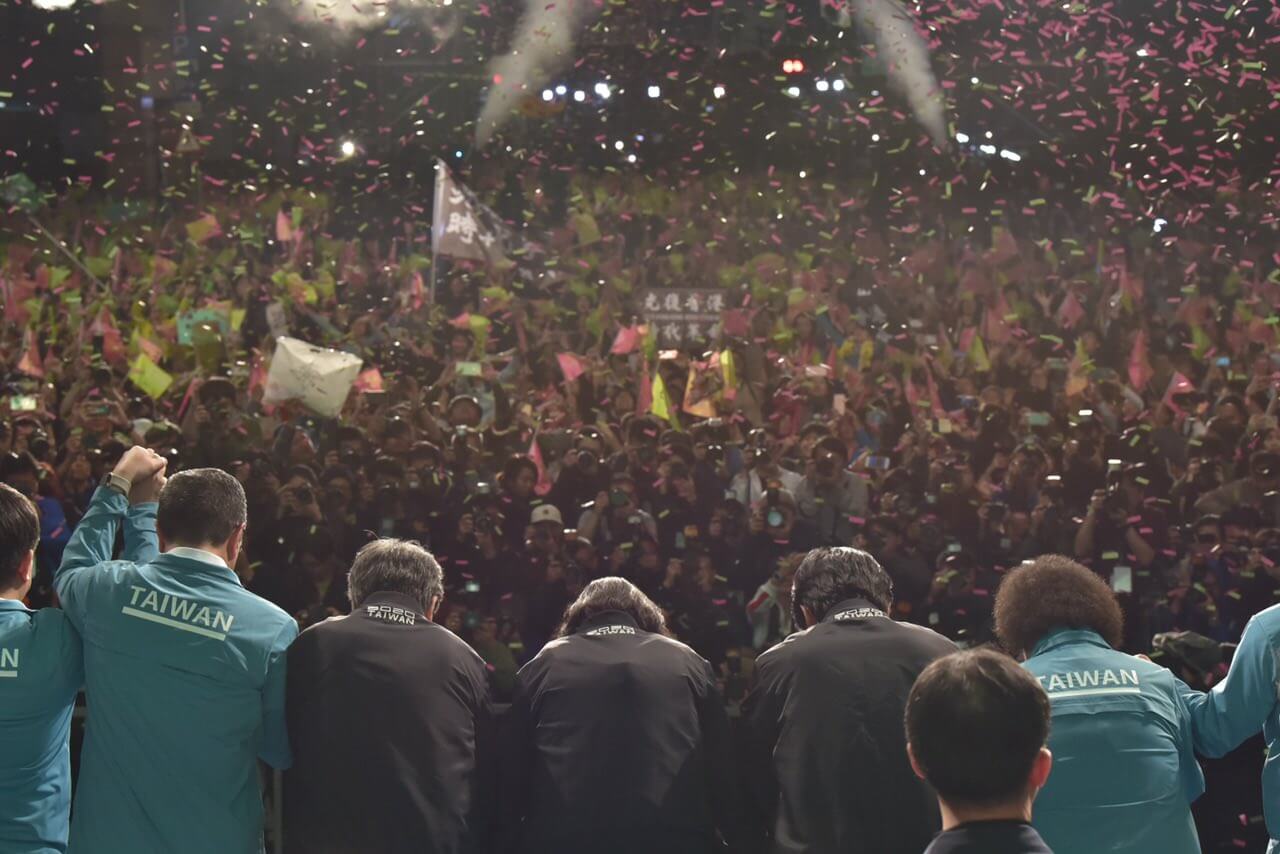After a fiercely fought election, Taiwanese President Tsai Ing-Wen secured a second term in office with 57% of the votes. Her landslide victory is regarded as a stern rebuke of strong-armed tactics deployed by China in recent years, which considers democratic Taiwan to be Chinese territory.
Her reelection campaign was not a smooth ride and definitely not a sealed deal even just a year ago. After losing the mayoral election in the industrial city of Kaohsiung to the rival Kuomintang Party, combined with losses in other key cities and districts, Tsai was forced to resign as part chair of the Democratic Progressive Party. In fact, it was the Mayor of Kaohsiung, Mr. Han Kuo-yu, who advocates for more friendly relations with China, that went on to become her main rival and bagged 38.6% of the votes in the recently concluded presidential election. However, President Tsai gained more popularity during mid-June as Hong Kong protests against Beijing intensified.
Since Chinese President Xi Jinping took office, China has relentlessly emphasised the eventual reunification of Taiwan with China, and even directed the People’s Liberation Army to draw up plans for an invasion. Doubling down on its “One China policy”, the Chinese Foreign Minister dismissed the significance of a “local election in Taiwan” and warned that advocates for Taiwanese independence separatists “will leave a stink for 10,000 years.”
Hence, President Tsai's hopes that China will see Taiwanese voters' denouncement of Chinese interference and “review their current policies” might fall on deaf ears. China strongly feels that “reunification across the Taiwan Strait is a historical inevitability”, and thus reconciliation with a Taiwanese leader who emphasizes that Taiwan is an independent nation that was never a part of China is highly unlikely.

